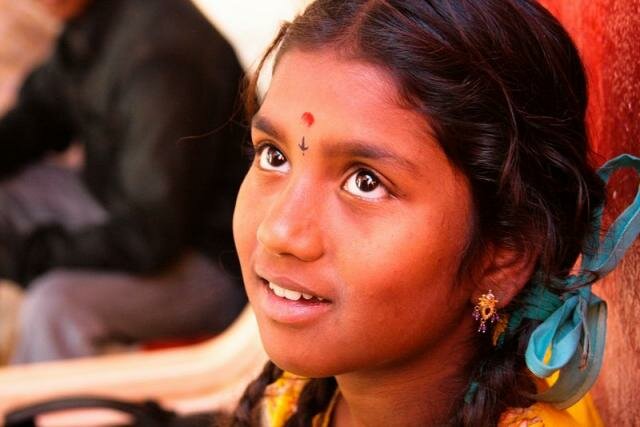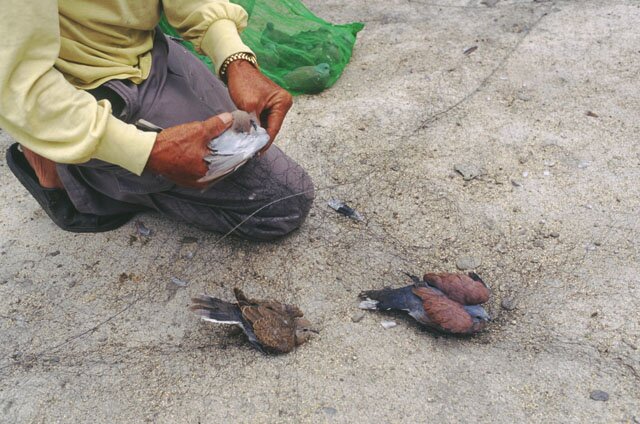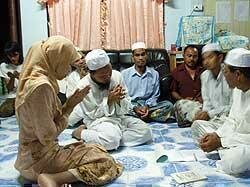BROWSE COUNTRIES/ TERRITORIES
Bollywood in Pakistan
Movies and music are transcending boundaries in the Indian subcontinent.
During my visit to Pakistan last April, I went to watch “Race”, a Bollywood movie at a newly built cinema in Lahore’s elite DHA locality. Despite the threat of suicide bombings, the 9 pm show on a weekday drew a packed audience as crowds of university students, working professionals and well-to-do families filled the chicly designed hall. The mood was almost festive.
Bollywood films and music have always been extremely popular amongst Pakistanis, but it is only recently that the government has allowed the screening of Indian productions – a move expected to revive the local film-going culture. Many theatre owners were forced to covert their properties into shopping malls and conference centres amidst a decline in Pakistani cinema since the late 1980s. But now with hot Bollywood flicks being released in the country, Pakistani film enthusiasts are set to return to the theatres again. Indeed, watching ordinary Pakistanis laugh and cry to the drama and hearing them hum to the tunes of Bollywood that night, I could not help but realise that the divides between Pakistan and India – be they religious, political or geographical – cease when it comes to music and art.
Thanks to a shared heritage, ties between the actors, singers and musicians of the two nations have continued to thrive despite the political hostilities. One of India’s most famous film stars of yesteryears, Dilip Kumar, was born and raised in what is now the Pakistani city of Peshawar. Pakistan’s Lahore-based film industry, also known as Lollywood, released its first film in 1948 that shot to fame Dilip’s brother, Nasir Khan. Indian and Pakistani films also did significant business across the border up till the Indo-Pakistani war of 1965, which saw the banning of such releases until recently.
Now movie ties between the two countries are staging a comeback. The 2005 summer release of “Nazar” marked the first joint production that brought together Meera, Lollywood’s glamour queen, opposite upcoming Bollywood actor Ashmit Patel. Recent Pakistani films have featured high-profile Bollywood stars such as Naseeruddin Shah and Nandita Das; their counterparts from Lollywood – including Meera, Javaid Sheikh, Moammar Rana, and Zeba Bakhtiar – have frequently travelled to Mumbai for film roles as well. Also taking Pakistan by storm is a series of performances featuring Bollywood icons, with thousands thronging to open-air theatres and stadiums.
Meanwhile the undisputed queen of Bollywood music, Lata Mangeshkar, is a household name in Pakistan – but so is Pakistan’s Mehdi Hassan Khan in India. Visit any urban Pakistani wedding today and you will see youngsters dancing to the latest Bollywood musicals. At the same time, Indian nightclubs have made some Pakistani Bhangra songs their very own. Music has indeed disregarded borders.
The recent Oscar-winning Indian musician, A.R. Rehman, of “Slumdog Millionaire” had in 1997 teamed up with Pakistan’s late Nusrat Fateh Ali Khan to produce an album to commemorate 50 years of independence from British rule. This groundbreaking joint production proved to be the tip of the iceberg. Since then, Pakistani pop and semi-classical songs have become the “in” thing in Bollywood. The young generation of Pakistani singers, the Ali Zafars and Aatif Aslams, has embarked on a new era of cultural interaction. Money is another key driver: the massive market of the subcontinent provides a compelling reason for the artists of the two countries to jointly produce music videos and albums. After all, millions of rupees are at stake.
In the aftermath of the Mumbai terrorist attacks last November, concerns have again surfaced from all quarters: Will these cultural exchanges continue? Do the media and the civil societies of the subcontinent possess the maturity and rigour to overcome these challenges? Perhaps the answer lies in the attitudes of those involved in the entertainment industry. So far the indicators look good. Several projects jointly featuring Indian and Pakistani stars remain in place. Indian film and civil society representatives have led a peace delegation to Pakistan, and Indian stars have visited the annual Kara film festival in Karachi. Pakistani singers, on their part, have dedicated concerts to the Mumbai victims, while theatre groups have participated in drama festivals in Kerala.
It is about time that people-to-people contact takes centre-stage in guiding relations between India and Pakistan. The power of the film medium is a potent tool against the enemies of stability and development in South Asia. Mutual respect for the arts could offer a natural platform for establishing long-lasting peace. Students and professionals must be allowed to interact freely. It is also time to embrace the free flow of goods, services and ideas. The peoples of this poverty-stricken region deserve to gain from the synergies that their countries have to offer. A handful of vested interest groups should not dictate the destiny of two nations.
Login or Register

- Asian Dynasties and History
- Conservation of the Environment
- Definition: Culture
- Economy and Economics
- Food and Recipe
- Geopolitics and Strategic Relations
- Health and Body
- Of Government and Politics
- Religion and Practices
- Social Injustices and Poverty Report
- Society, Class and Division
- Unrest, Conflicts and Wars

































 Another Point
Another Point From Jerusalem to the West Bank
From Jerusalem to the West Bank
Comments
pakistan govt should allow
pakistan govt should allow indian movies in the theatres coz only then pakistani movie industry would get better..india can also ban hollywood movies so that bollywood doesnt suffers but india doesnt ban anything,,hollywood movies are dubbed in various languages other than english mainly hindi, tamil ,teleugu the main.
bollywood movies should also be dubbed in various dialects used in pakistan and released in diff regional languages of pakistan,,this way the local people would get involved and employement would be generated,,watching on pirated cds is a slap on the face of the makers of the film.hollywood can not make movies like love aaj kal or kuch kuch hota hai and bollywood cannot make a movie like godfather or benjamin button,,and im sure both of them cant make a movie made like khuda ke liye,,so lollywood is doing a good job but it has a long way to go and the first step is to embrace bollywood with no suspicion.
nice
this is really nicely worded Hira. and so true.
good work *thumbs up*
Post new comment